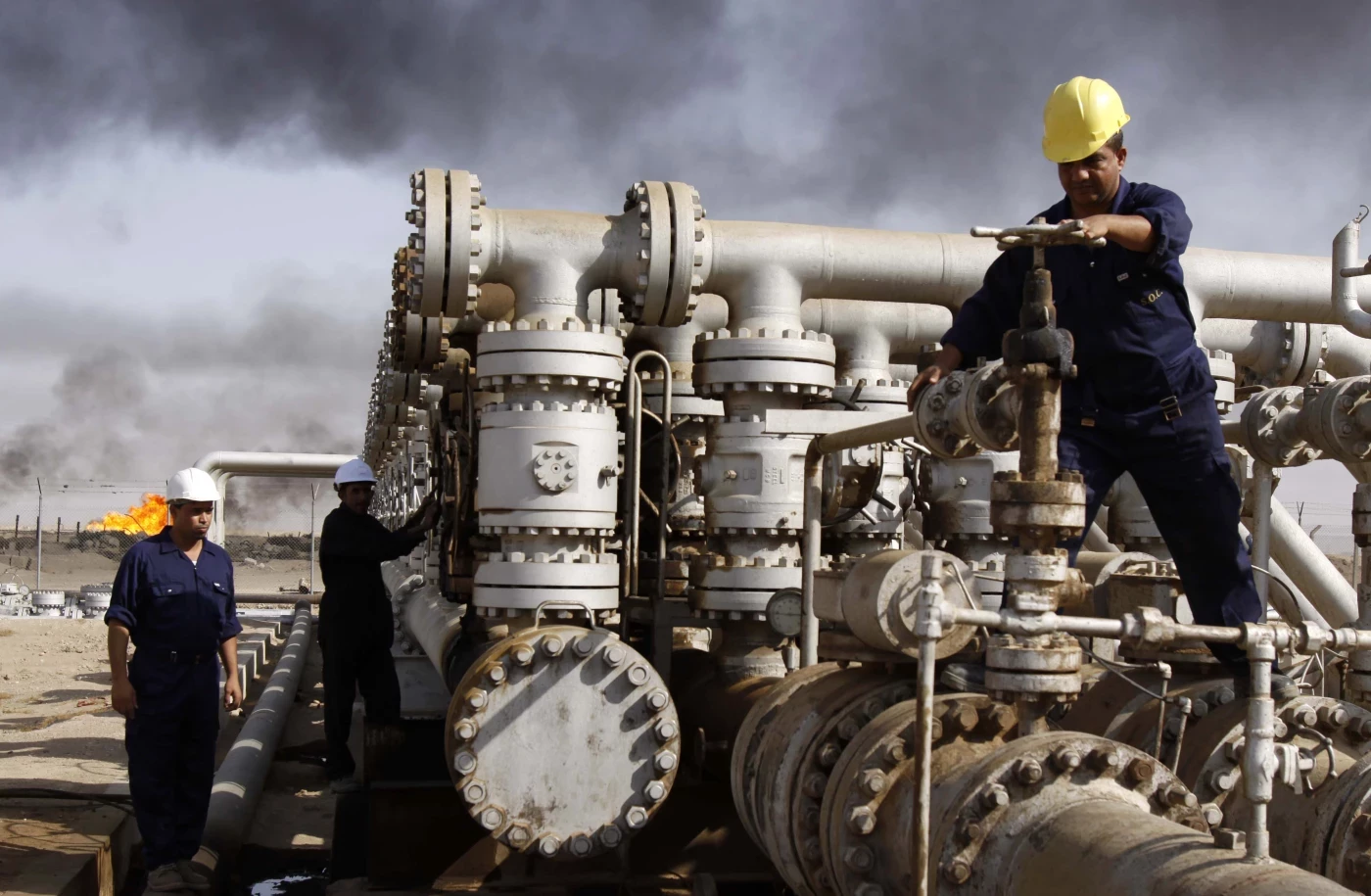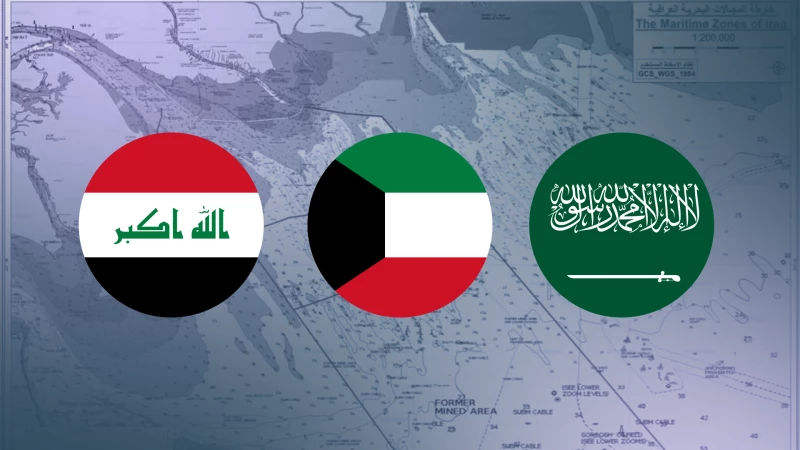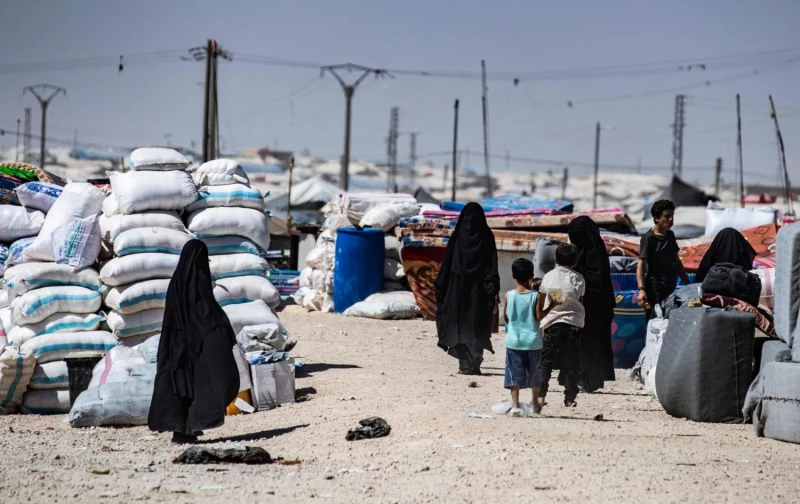ERBIL, Kurdistan Region of Iraq - Amid complex economic challenges, Iraq finds itself constrained by the OPEC+ agreement, which hampers its ambitions to increase oil production, its primary source of revenue. While the country seeks to boost its economic growth, the oil alliance enforces strict production limits, restricting Baghdad’s ability to capitalize on the rising global demand for oil.
As this policy continues into 2025, attention turns to its impact on the federal budget, investment, and energy markets in an economy that is almost entirely reliant on oil. This raises key questions: How will Iraq handle this challenge? And can it overcome the pressure to maintain financial stability?
OPEC+ keeps production policy unchanged
On Monday, the Joint Ministerial Monitoring Committee (JMMC) of OPEC+ decided to keep oil production policy unchanged following a meeting of member state representatives in Vienna.
In its last meeting in early December 2025, the alliance postponed its planned production increase for three months until April 2025, confirming that voluntary supply cuts would not be reversed before this date. The committee is set to meet again on April 5 to assess market conditions and take necessary actions.
OPEC’s oil production declined last month after a fire broke out at Iraq’s largest oil field, according to a Bloomberg survey.
The survey indicated that OPEC pumped over 27 million barrels per day in January, marking a decrease of about 70,000 barrels per day compared to the previous month. The drop in Iraq’s output overshadowed slight increases in production from Kuwait and Venezuela.
Iraqi authorities swiftly contained the fire, which erupted on January 24 in a storage tank at Rumaila field in Basra, south of the country. However, the incident resulted in a 300,000 barrels per day production halt, equivalent to 25 percent of the field’s output, for a week.
Iraq rejects any new production cuts
A senior official from Iraq’s Ministry of Oil, speaking to The New Region on condition of anonymity, confirmed that “Iraq remains committed to OPEC’s decisions regarding the current production cuts.” However, the source made it clear that “Iraq will not agree to any additional reductions in the near future.”
The official emphasized that Iraq has already made significant voluntary production cuts, which were necessary to stabilize global oil prices. However, he pointed out that “Iraq prefers to maintain its current production levels rather than increase output, given the sharp decline in global oil prices.”
An upcoming OPEC+ meeting in April is expected to discuss raising the production ceiling. The source noted that “global oil prices are expected to stabilize in the coming period, especially following ceasefires in Lebanon, Gaza, and Syria, which could lead to a decision to increase production again.”
Global oil prices have experienced high volatility recently, raising questions about the future of energy markets and their economic impact. Prices have fluctuated between record highs and sudden drops, influenced by various geopolitical and economic factors.
Iraq’s economy has been almost entirely dependent on oil since 2003, with 95 percent of its total revenue generated from oil exports, making it highly vulnerable to global oil price fluctuations.
As the second-largest oil producer in OPEC, Iraq typically produces around 4.6 million barrels per day under normal conditions, but recent OPEC+ agreements have cut Iraq’s production to 4 million barrels per day to comply with its quota.
Production cuts hurt Iraq the most
Iraq holds the fifth-largest proven oil reserves in the world, estimated at 148 billion barrels, with most reserves concentrated in the south and some in the west.
Oil and energy expert Mohammed al-Jawahiri stated that “any oil production cuts by OPEC negatively impact Iraq’s economy, as it is a rentier economy that relies solely on oil sales.” He emphasized that “Iraq is the most affected country by these reductions.”
Speaking to The New Region, Jawahiri noted that “higher global oil prices help compensate Iraq for its lower oil exports.” He explained that “OPEC’s decision to cut production aims to control and stabilize global market prices.”
According to Jawahiri, a halt in the war in Ukraine, along with de-escalation in the Middle East, will revive industrial production in major economies, which could drive global oil prices higher.
Meanwhile, with Donald Trump returning to the US presidency, the NOPEC (No Oil Producing and Exporting Cartels) Act has resurfaced as a global concern, posing a direct challenge to OPEC-member states, particularly Iraq, which depends almost entirely on oil exports.
Iraq’s influence in OPEC is weak
At the end of last year, Taqa platform projected that Iraq’s oil production in 2025 would average around 4 million barrels per day in the first quarter, continuing through March 2025.
The platform also estimated that Iraq's output would increase to 4.208 million barrels per day by August 2026, reaching 4.220 million barrels per day from September to December 2026, following a gradual easing of voluntary production cuts.
In contrast, Global Commodity Insights projected that Iraq would reduce its spending in 2025, warning that low oil prices could heighten financial risks for Middle Eastern and North African oil-producing nations, potentially leading to delays or cancellations of major infrastructure projects.
“Iraq has one of the weakest influences within OPEC, as it lacks full control over oil smuggling,” economist Saleh al-Hashemi told The New Region, adding that “this situation makes Iraq one of the most affected countries by production cuts, directly impacting its revenue and increasing budget deficits.”
Hashemi warned that Iraq faces a dual crisis due to production cuts: lower revenues and rising public expenditures. This revenue decline comes at a critical time, as the Iraqi government needs higher spending to compensate for weak non-oil GDP, putting additional pressure on the country.
To address this, the government may be forced to borrow or implement austerity measures, especially as public debt rises and foreign exchange reserves face pressure, Hashemi noted.
He further explained that these conditions could significantly impact public projects, government salaries, and financial obligations, leaving the government with few options other than issuing treasury bonds or seeking loans from the International Monetary Fund (IMF).
Moreover, corruption within government institutions remains a major barrier to attracting investments in key sectors, such as industry, agriculture, services and tourism, which further weakens Iraq’s ability to generate non-oil revenues and improve its investment climate.
On January 20, Iraq’s Midland Oil Company, in collaboration with China’s APS, discovered new oil reserves in an oil field east of Baghdad.
According to preliminary estimates, the new discovery could add over two billion barrels to Iraq’s oil reserves, providing a potential boost to the country’s long-term energy security.
Rami al-Salihi contributed to this article



 Facebook
Facebook
 LinkedIn
LinkedIn
 Telegram
Telegram
 X
X


